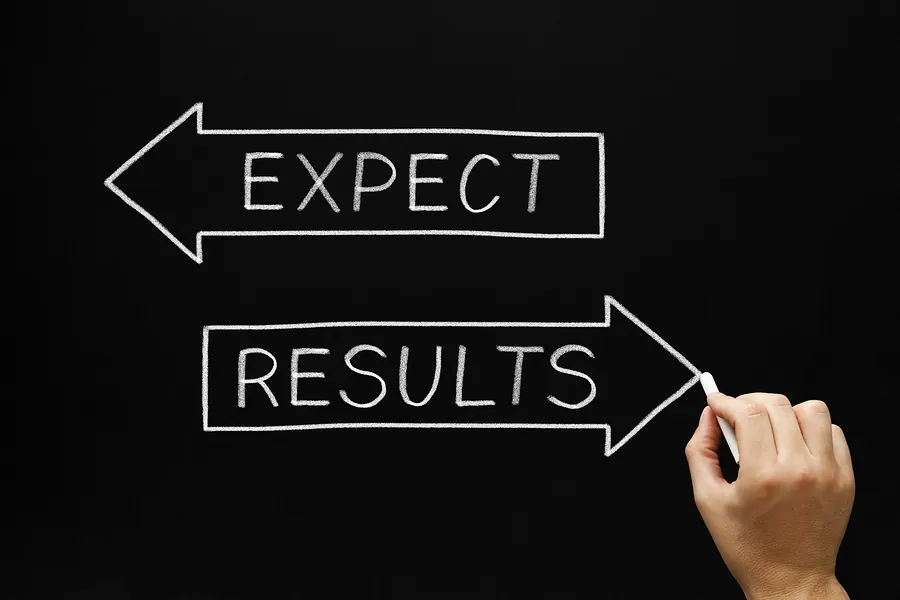What You Need to Know Before Scaling Your Sales Organization

Scaling your sales organization is no day in the country. You need to know not only how to do it, but when. Scaling too soon is a mistake that can cost you dearly; if you wait too long, your window of opportunity may close. The sales department is the beating pulse of any organization, so when the opportunity to scale presents itself, have a plan in place and be ready to go.
So maybe you’re perfectly poised to scale. That’s great. But before you release the hounds, follow these steps for scaling effectively.
Clarify Your Value Prop
First, your sales team must be able to clearly communicate the unique value of your offerings. What makes your product stand out in the marketplace? The more clear and concise the wording of your value prop, the easier it is to craft messaging and develop your organization’s pursuit strategies.
Clearly Define Your Target Customer
Who is your ideal customer? What characteristics define them? And, finally and most importantly, who is it that values your value prop? Be as precise as you can in painting the customer picture, so that your sales team’s efforts aren’t wasted trying to sell the right stuff to the wrong folks.
Defining the Sales Process
Does your organization currently have a sales process that is built with an understanding of how your customers buy? It is critical to first understand your customers and their desired journey for making a purchase and then build the process out in a way that aligns with the way they want to buy. Also consider if the process guides the acquisition, retention, and growth of customer relationships. If your business is expanding, you won’t be able to rely on the special sauce that may have gotten you ahead thus far. Now you’ll need a clear roadmap, one for many reps to follow and one that is built with the customer in mind first. We’ve said it before, but it bears repeating: Don’t simply try to map your way to gold in the most convenient manner for your organization. Have in mind who it is you’re trying to sell to and what the stages of the buying process are. Then implement a sales methodology that develops skills to help move customers from one stage to the next in their buying journey.
Role Specialization
Now that the sales process is complete, it is important to ask the question, “Will we need to create specialized roles within our current structure?” It’s typical within smaller organizations to stretch sales reps beyond their core duties to perform multiple roles during the sales process. However, as you scale, you can achieve greater efficiencies by simplifying the scope of the sales job to include fewer—but expertly performed—tasks.
Specializing roles enables you to onboard the right person for the job, provide specific training focused on improving a smaller set of job duties, and measure outcomes more exactly—all with the aim of moving the needle incrementally. For example, one role might be a specialized sales function focused on acquiring new customers and managing relationships. In fact, you may find as you scale that you’re specializing even further, with one rep acquiring new customers while another has the responsibility of maintaining and growing customer relationships.
It’s difficult to get a second chance to scale, so be sure to slow down and don’t let the enthusiasm of growth allow you to make hasty decisions. Consider these points and you will find yourself on a strong path to successful growth.

- Account Planning (12)
- Awards (44)
- Client Testimonial (37)
- Personal Branding (21)
- Podcast (12)
- Research (78)
- Sales Career Development (90)
- Sales Coaching (166)
- Sales Consulting (141)
- Sales Culture (180)
- Sales Enablement (382)
- Sales Leadership (116)
- Sales Management (267)
- Sales Negotiation (14)
- Sales Prospecting (138)
- Sales Role-Playing (19)
- Sales Training (243)
- Selling Strategies (281)
- Soft Skills (78)
- Talent Management (101)
- Trusted Advisor (29)
- Virtual Selling (57)
- Webinar (13)

























